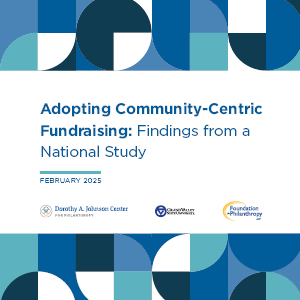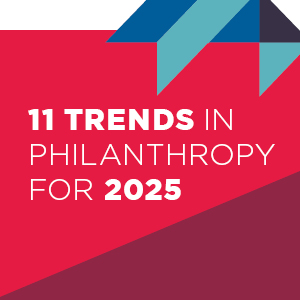America’s Population is Rapidly Aging. Can Philanthropy Keep Up?
By 2034, older adults will outnumber children for the first time. As aging issues gain prominence in public policy and philanthropy, stakeholders must embrace innovative approaches to ensure equitable and sustainable support for an aging nation.













